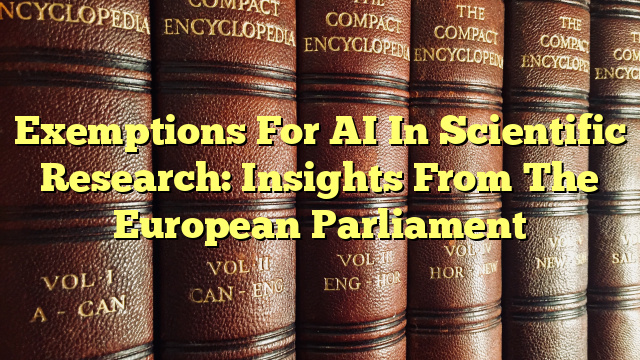Table of Contents
- Prohibited Artificial Intelligence Practices in the Proposed EU Artificial Intelligence Act
- European Policy on AI
- Has the EU AI Act Been Passed?
- EU Proposal for a Regulation on a European Approach for Artificial Intelligence
Prohibited Artificial Intelligence Practices in the Proposed EU Artificial Intelligence Act
The proposed EU Artificial Intelligence Act seeks to ensure the safety and protection of European citizens by prohibiting certain practices related to artificial intelligence (AI) and robotics. Specifically, the proposed act seeks to prohibit the manipulation of AI systems in such a way that could cause harm to individuals, businesses, or the environment. It also seeks to prohibit the use of AI and robotics in any manner that is “contrary to accepted scientific principles or that is likely to mislead or deceive people”. Additionally, the proposed act seeks to prohibit the use of AI and robotics in applications that could cause “significant impairment of the physical integrity” of individuals or groups of individuals.
The proposed act also seeks to prohibit the use of AI and robotics in activities that could lead to “unfair discrimination or to discriminatory practices”. It also seeks to prohibit the use of AI and robotics in activities that could lead to the “exploitation” of vulnerable individuals or groups of individuals. Additionally, the proposed act seeks to prohibit the sale or distribution of AI and robotics in applications that could be used for surveillance purposes without the consent of the individuals being monitored.
European Policy on AI
The European Union has made significant progress in setting out its policy on AI. In April 2018, the European Commission issued a Communication on Artificial Intelligence for Europe, which set out the goals and ambitions of the European Union for developing a regulatory framework for AI. The policy was developed in response to the rapid development of artificial intelligence technologies and its potential implications for society.
The European Commission’s Communication on Artificial Intelligence for Europe sets out a framework for regulating AI in the European Union. The framework consists of four pillars: safety and liability; data governance; trust and transparency; and responsible innovation. The Communication also sets out the principles of fairness, non-discrimination, and respect for fundamental rights that must be observed when developing and deploying AI technologies.
Has the EU AI Act Been Passed?
The proposed EU Artificial Intelligence Act has not yet been passed. The European Commission has issued a proposed legislative package for the regulation of AI, which includes the proposed AI Act. The proposal is currently under review by the European Parliament, and a vote is expected to take place in the coming months.
The European Commission has made clear its commitment to creating a strong regulatory framework for AI, and has stated that it will continue to assess and monitor the development of AI technologies. The Commission has also expressed its commitment to ensuring that AI technologies are used safely and responsibly, and that they are developed and deployed in a manner that respects fundamental rights and human dignity.
EU Proposal for a Regulation on a European Approach for Artificial Intelligence
The European Commission has proposed a regulation on a European approach for artificial intelligence. The proposed regulation seeks to set out rules for the development and deployment of AI technologies in the European Union.
The proposed regulation seeks to ensure the safety and protection of individuals and society by setting out requirements for the development and deployment of AI technologies. The proposed regulation also seeks to ensure that AI technologies are deployed in a manner that is aligned with European values and fundamental rights.
The proposed regulation sets out a number of exemptions for AI technologies used for scientific research. Specifically, the proposed regulation seeks to exempt AI technologies used for the purposes of “scientific research, development or innovation” from the requirements set out in the regulation. The proposed regulation also seeks to exempt AI technologies used for the purposes of “training and improvement of skills of individuals” from the requirements set out in the regulation.
In addition, the proposed regulation seeks to establish a European AI Observatory to monitor and assess the development and deployment of AI technologies in the European Union. The proposed regulation also seeks to establish a European AI Board, which will be tasked with providing advice and guidance on

